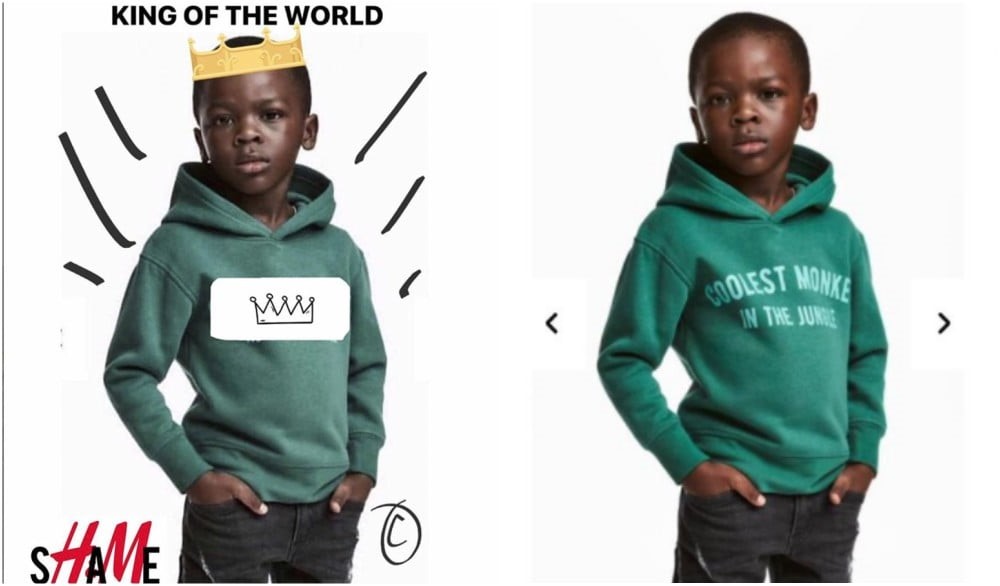A few years ago, Voice At The Table had a popular workshop, talking to senior leaders about the significance of using the right words. And then its popularity waned. Now, it seems, the notion that words matter is back: businesses everywhere are dropping old-fashioned terminology like “blacklist” and “master and slave” servers.
Last week, Twitter and JP Morgan announced that they are dropping these controversial terms as well as “whitelist” and “man hours” along with other offenders. Estate agents are also reconsidering the use of the term “master” bedroom.
And what about this “mis-step” by H&M?

Words have a massive impact. We often use them without thinking and without intent to offend. But a simple reflection on some of the words and phrases we regularly use discloses their historical meaning, which is no longer reflective of society: businessman, chairman, black sheep, guys, lads, psycho, schizo, “call a spade a spade”, “boys will be boys”, blind drunk, deaf to the world and many more.
You’re probably surprised about a number of these (as was I), but there are the very basic terms which ought to be obvious. For instance, only days ago, I received an email – an FT newsflash – that announced the stepping down of Lloyds Bank’s current chairman – Antonio Horta-Osorio. His replacement – the next chairMAN – was yet to be named! Does this mean a woman is not a possible contender for the job?
These are shocking mistakes that should not be made these days, especially by organisations that are looking for our trust and loyalty.
Many of us don’t think twice when using these well-trodden words, as they have established meanings that don’t mean to exclude. In the end, however, communication is less about how you say things and more about how what’s being said is heard. That’s why the Use of Language is one of our eight Inclusive Behaviours.
When expressing yourself, instead of saying things like a “female engineer” or a “blind man”, say “a woman on our engineering team” or “a man who is blind”.
Avoid the use of jargon – which is easily caught up in non-inclusive history – and above all, avoid labels. Labels overgeneralise and lump all of us together into one pot, which is most certainly too small to comfortably fit the myriad of shapes, sizes and colours of humanity. Oh, oops, have I just done what I’m asking others not to do? Well, I don’t know.
My main point is, we ought to try, and be more conscious of our words. If we do just that alone, we will be far less likely to mis-step.


